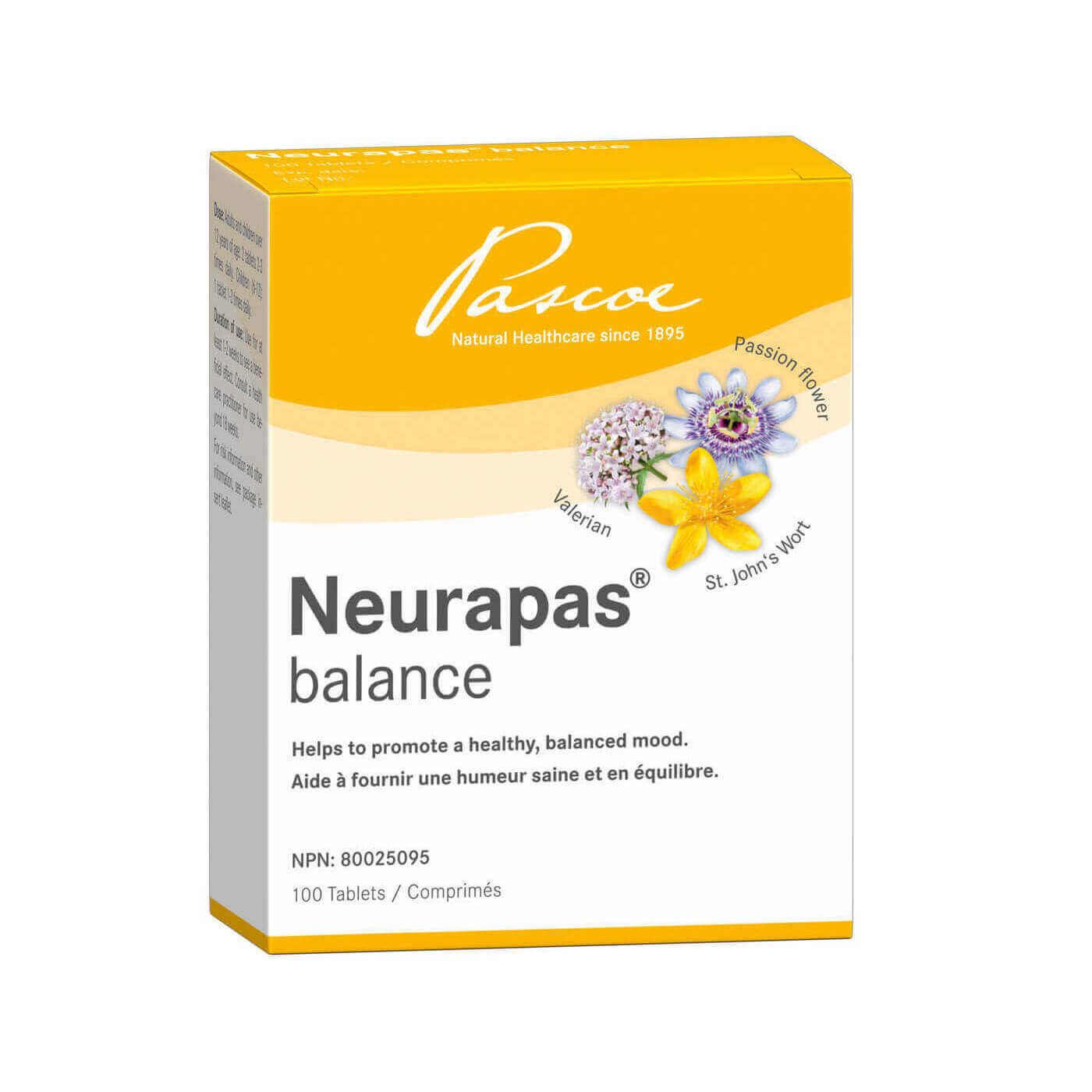5 Ways To Manage Stress And Boost Your Mood Naturally
Sometimes, it’s okay not to feel okay. Bad days happen to everyone. Like when your presentation doesn't go as planned, or your coffee machine gives up on you exactly when you need it the most. Life's got its moments, which increase your stress level, leaving you feeling overwhelmed.
Yet, it's not all doom and gloom. Even though you can't control life situations, we've got some tips on how to reduce stress and brighten your mood.


But first, what happens during stress?
During stress, the body activates its fight-or-flight response, releasing stress hormones like cortisol. These hormones prepare the body to escape or fight danger by increasing heart rate, blood pressure, and blood flow to muscles.
While this stress response helps in short-term emergencies, chronic stress can harm health. Constant stress can affect our body and mind. The result: muscle tension, hypertension, or mental health conditions. So, experts recommend taking charge to manage stress for a healthier, happier life.
5 Natural, Science-Backed Tips To Get You In A Better Mood
#1. Eat me
Your diet directly influences how you feel. Eat a healthy diet, and you'll notice a positive shift in your mood. It's simple: eat better, feel better. Thankfully, certain foods can boost how you feel.
Gut helpers: Your gut makes 90% of serotonin, a vital chemical regulating mood. Thus maintaining gut health to be happy is a no-brainer. You can choose to have fermented foods like kombucha, kimchi, yogurt, kefir, and sauerkraut. Moreover, by adding a supplement containing oligofructose, like inulin, you can feed the good bacteria in your gut. Oligofructose is a prebiotic dietary fiber that supports better functioning of your digestive tract.
Fatty fishes: Salmon, herring, and tuna are rich in Vitamin D and Omega-3, which are stress relieving and mood lifting.
Blissful cocoa: Another great option is consuming moderate quantities (1-2 squares) of dark chocolate, which includes 70% cocoa or more.
Beans and lentils: These pantry staples are packed with B6 and other nutrients that help up serotonin and other mood chemicals.
#2. Be on the move
Exercise improves mood by decreasing stress-inducing hormones like cortisol and adrenaline. The beauty of this is that you don't need intense or prolonged sessions to get the benefits. A simple 15-20 minute walk can clear your mind and ease stress.
Moreover, exercise helps shift your focus from bothering thoughts, providing a mental break.
Research suggests physical activity may enhance serotonin levels. Additionally, exercise triggers the release of endorphins, the "feel-good" chemicals.
The result is a natural boost in well-being and a decrease in discomfort, proving that a little movement goes a long way in improving mental health.
#3. Sleep tight
Even partial sleep problems can affect your mood. Good sleep is vital to a better mood and a healthier life.
But what counts as good sleep? Quality sleep is more than just hours; it's about letting your body cycle through different sleep stages to heal and refresh itself. To improve your sleep:
- Wind down before bed. Turn off the news, put your phone away, and read a book, listen to calm music, or do some light stretches.
- Keep a consistent sleep schedule. Try and stick to sleeping and waking time every day, even on weekends.,
- Try these traditional ingredients: Valerian may shorten the time it takes to fall asleep and extend sleep duration. Chamomile is linked to improved sleep quality and faster sleep onset. St. John's Wort aids in sleep support and mood enhancement. Lemon balm can ease anxiety and foster better rest. Passionflower contributes to relaxation by reducing brain activity, thereby improving mood and sleep.
#4. Take a deep breath
Deep breathing exercises are the simplest yet most effective way to cope with stress. With every deep breath, you signal your brain to kick into relaxation mode. This calms the rest of your body, slowing heart rate and reducing blood pressure.
One of the techniques of deep breathing is to place a hand on your stomach and inhale slowly through your nose. Try and feel your stomach expand against your hand. Now, hold that breath for a moment, then exhale through your mouth. Doing this 5-10 times can make a noticeable difference in how you feel.
Yoga is another excellent strategy to deal with stress. It combines the physical benefits of exercise and the relaxing power of breathing. Yoga lowers cortisol levels and eases stress, anxiety, and muscle tension. It also encourages mindfulness through focused breathing practices.
#5. Spend time with a friend or family member
After a tough day, a quick call from someone you care about can cheer you up. Talking for a little while with your partner, or family member can make you feel less stressed.
They're great at listening to you vent, cheering you up, and reminding you they're always there for you. And if you can't make a call, a short text or message online can help as much to lift your spirits.
Wrapping up, managing stress and enhancing your mood naturally is within reach. By embracing a balanced diet, staying active, prioritizing quality sleep, practicing deep breathing, and connecting with loved ones, you can build a robust foundation for mental well-being.
Remember, taking small steps towards these practices can lead to significant improvements in your mood and stress levels, empowering you to navigate life's ups and downs with resilience and positivity.
References:
Guadagna, S., Barattini, D. F., Rosu, S., & Ferini-Strambi, L. (2020). Plant Extracts for Sleep Disturbances: A Systematic Review. Evidence-based complementary and alternative medicine : eCAM, 2020, 3792390. https://doi.org/10.1155/2020/3792390
Yaribeygi, H., Panahi, Y., Sahraei, H., Johnston, T. P., & Sahebkar, A. (2017). The impact of stress on body function: A review. EXCLI journal, 16, 1057–1072. https://doi.org/10.17179/excli2017-480
Appleton J. (2018). The Gut-Brain Axis: Influence of Microbiota on Mood and Mental Health. Integrative medicine (Encinitas, Calif.), 17(4), 28–32.
Hughes, R. L., Alvarado, D. A., Swanson, K. S., & Holscher, H. D. (2022). The Prebiotic Potential of Inulin-Type Fructans: A Systematic Review. Advances in nutrition (Bethesda, Md.), 13(2), 492–529. https://doi.org/10.1093/advances/nmab119
Grosso, G., Galvano, F., Marventano, S., Malaguarnera, M., Bucolo, C., Drago, F., & Caraci, F. (2014). Omega-3 fatty acids and depression: scientific evidence and biological mechanisms. Oxidative medicine and cellular longevity, 2014, 313570. https://doi.org/10.1155/2014/313570
Nehlig A. (2013). The neuroprotective effects of cocoa flavanol and its influence on cognitive performance. British journal of clinical pharmacology, 75(3), 716–727. https://doi.org/10.1111/j.1365-2125.2012.04378.x




